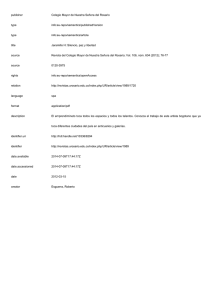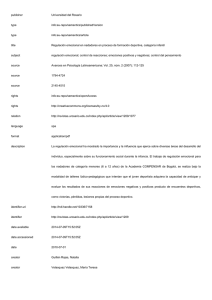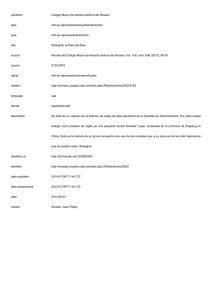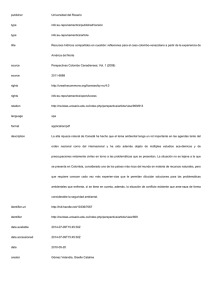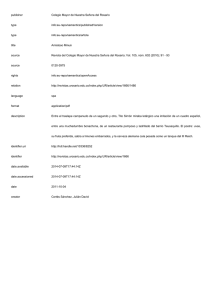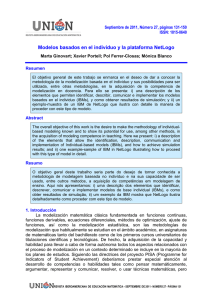publisher Universidad del Rosario type info:eu-repo/semantics/publishedVersion
Anuncio
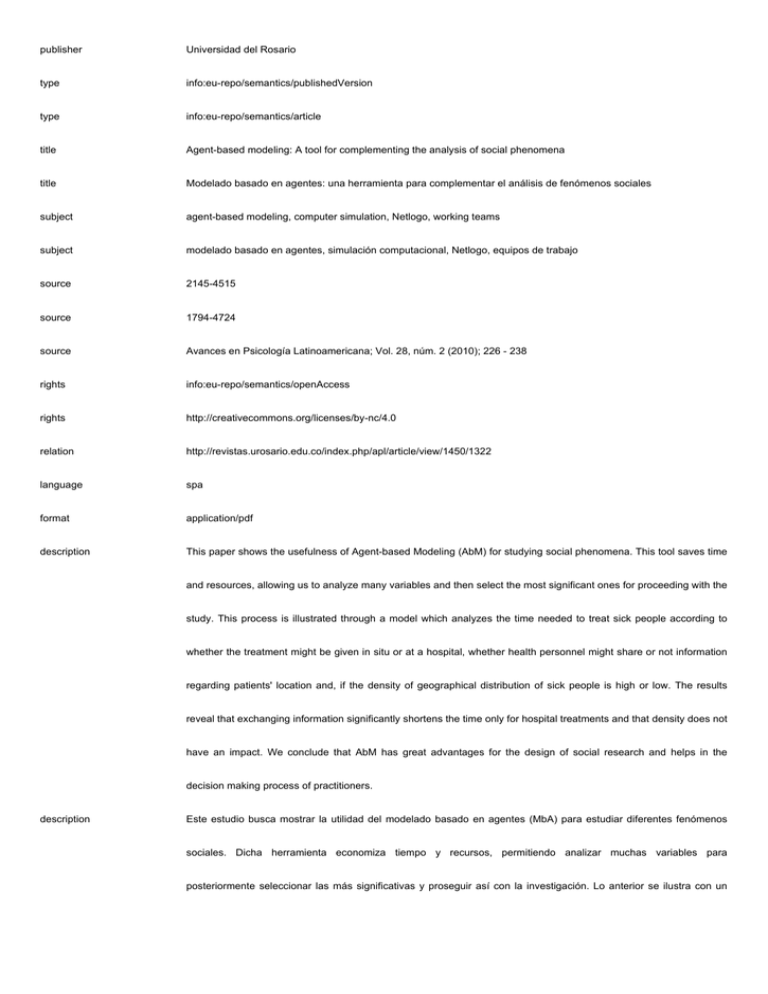
publisher Universidad del Rosario type info:eu-repo/semantics/publishedVersion type info:eu-repo/semantics/article title Agent-based modeling: A tool for complementing the analysis of social phenomena title Modelado basado en agentes: una herramienta para complementar el análisis de fenómenos sociales subject agent-based modeling, computer simulation, Netlogo, working teams subject modelado basado en agentes, simulación computacional, Netlogo, equipos de trabajo source 2145-4515 source 1794-4724 source Avances en Psicología Latinoamericana; Vol. 28, núm. 2 (2010); 226 - 238 rights info:eu-repo/semantics/openAccess rights http://creativecommons.org/licenses/by-nc/4.0 relation http://revistas.urosario.edu.co/index.php/apl/article/view/1450/1322 language spa format application/pdf description This paper shows the usefulness of Agent-based Modeling (AbM) for studying social phenomena. This tool saves time and resources, allowing us to analyze many variables and then select the most significant ones for proceeding with the study. This process is illustrated through a model which analyzes the time needed to treat sick people according to whether the treatment might be given in situ or at a hospital, whether health personnel might share or not information regarding patients' location and, if the density of geographical distribution of sick people is high or low. The results reveal that exchanging information significantly shortens the time only for hospital treatments and that density does not have an impact. We conclude that AbM has great advantages for the design of social research and helps in the decision making process of practitioners. description Este estudio busca mostrar la utilidad del modelado basado en agentes (MbA) para estudiar diferentes fenómenos sociales. Dicha herramienta economiza tiempo y recursos, permitiendo analizar muchas variables para posteriormente seleccionar las más significativas y proseguir así con la investigación. Lo anterior se ilustra con un modelo que analiza el tiempo requerido para encontrar y atender enfermos según sea su tratamiento: domiciliario u hospitalario, si el personal puede compartir o no información sobre localización de enfermos y si estos residen densamente o no. Los resultados revelan que compartir información acorta significativamente el tiempo sólo para tratamientos hospitalarios y que la densidad no tiene impacto. Concluimos que MbA tiene grandes ventajas para el diseño de investigaciones sociales y asiste a la toma de decisiones en contextos profesionales. identifier.uri http://hdl.handle.net/10336/7109 identifier http://revistas.urosario.edu.co/index.php/apl/article/view/1450 date.available 2014-07-09T15:52:03Z date.accessioned 2014-07-09T15:52:03Z date 2011-01-26 creator Quezada, Ariel creator Canessa, Enrique
